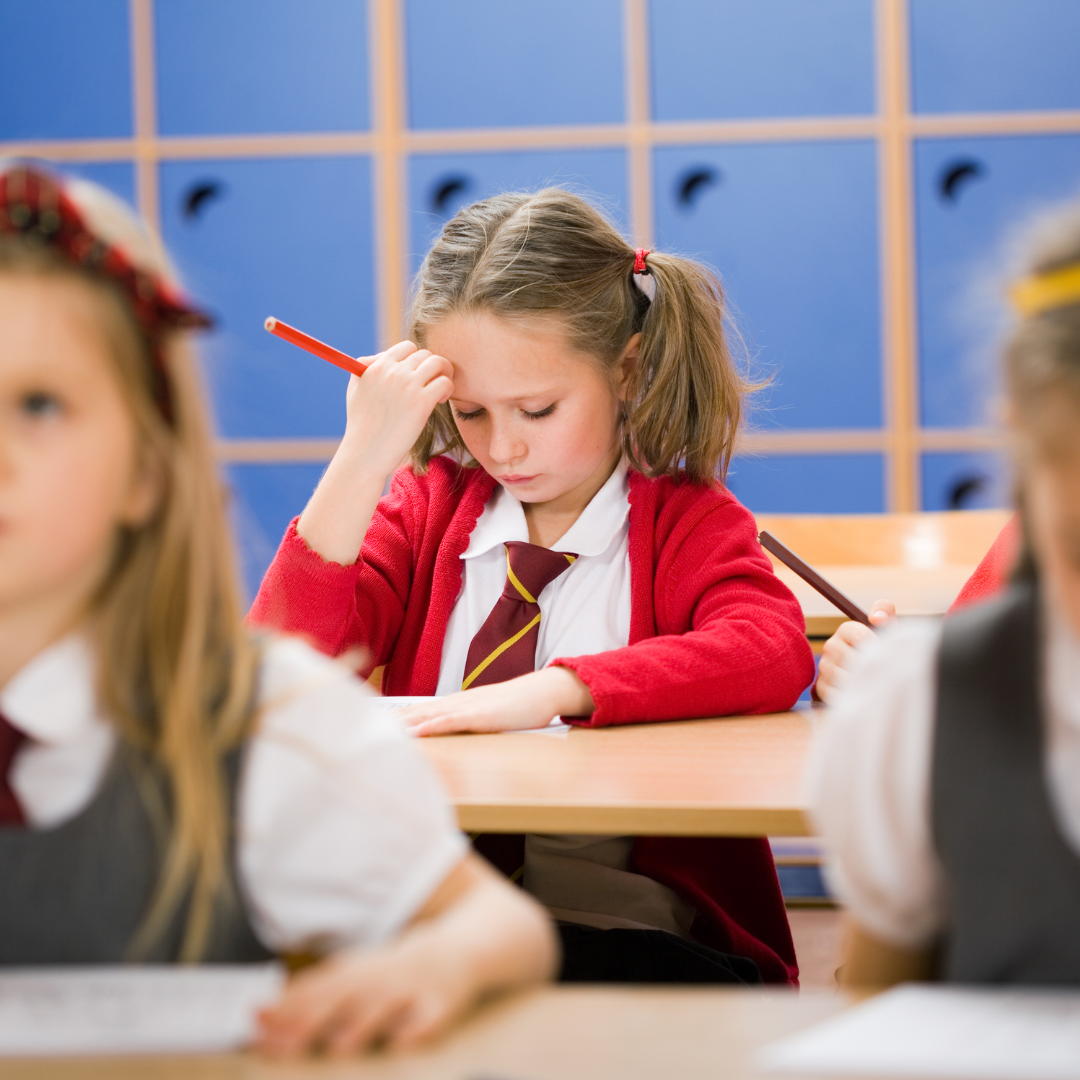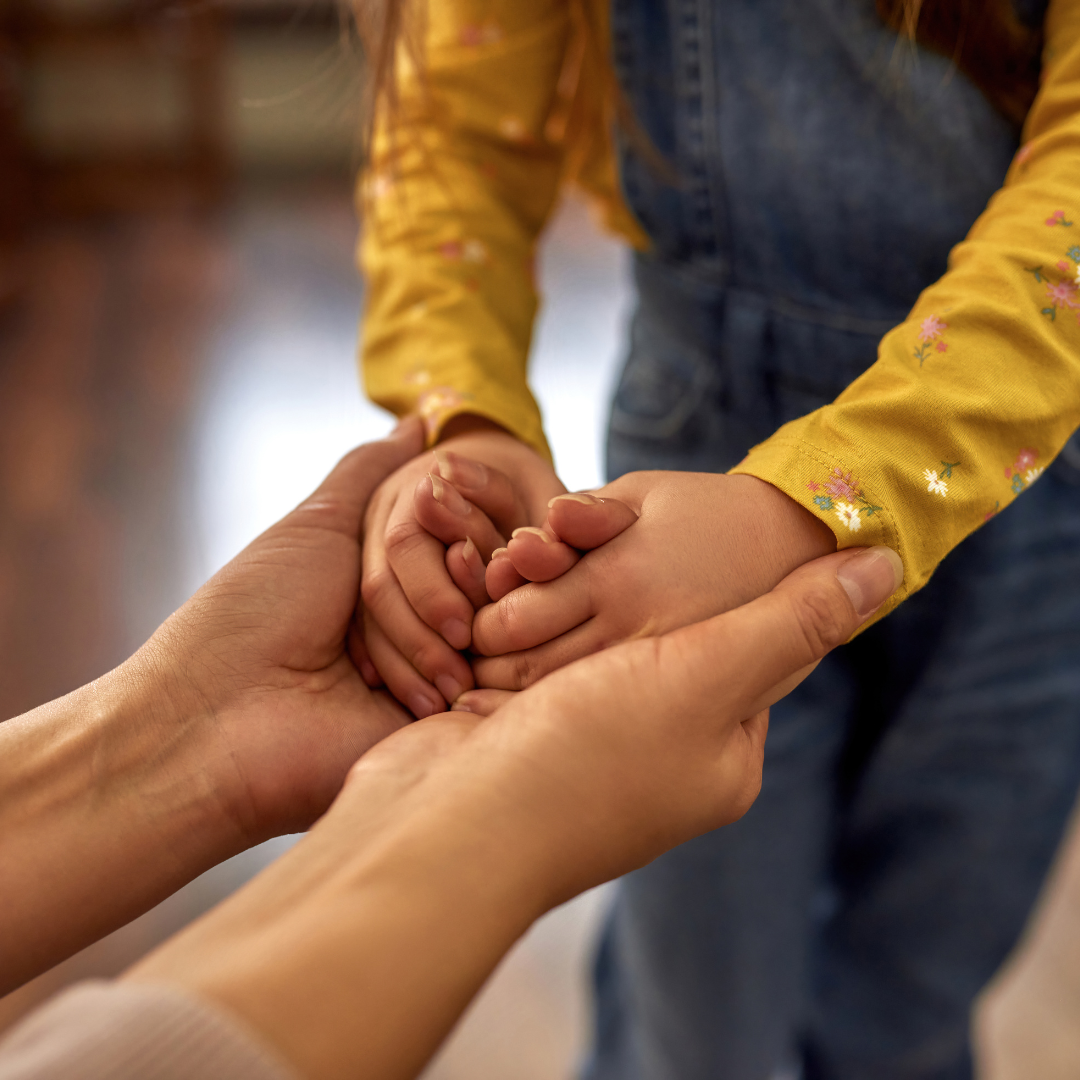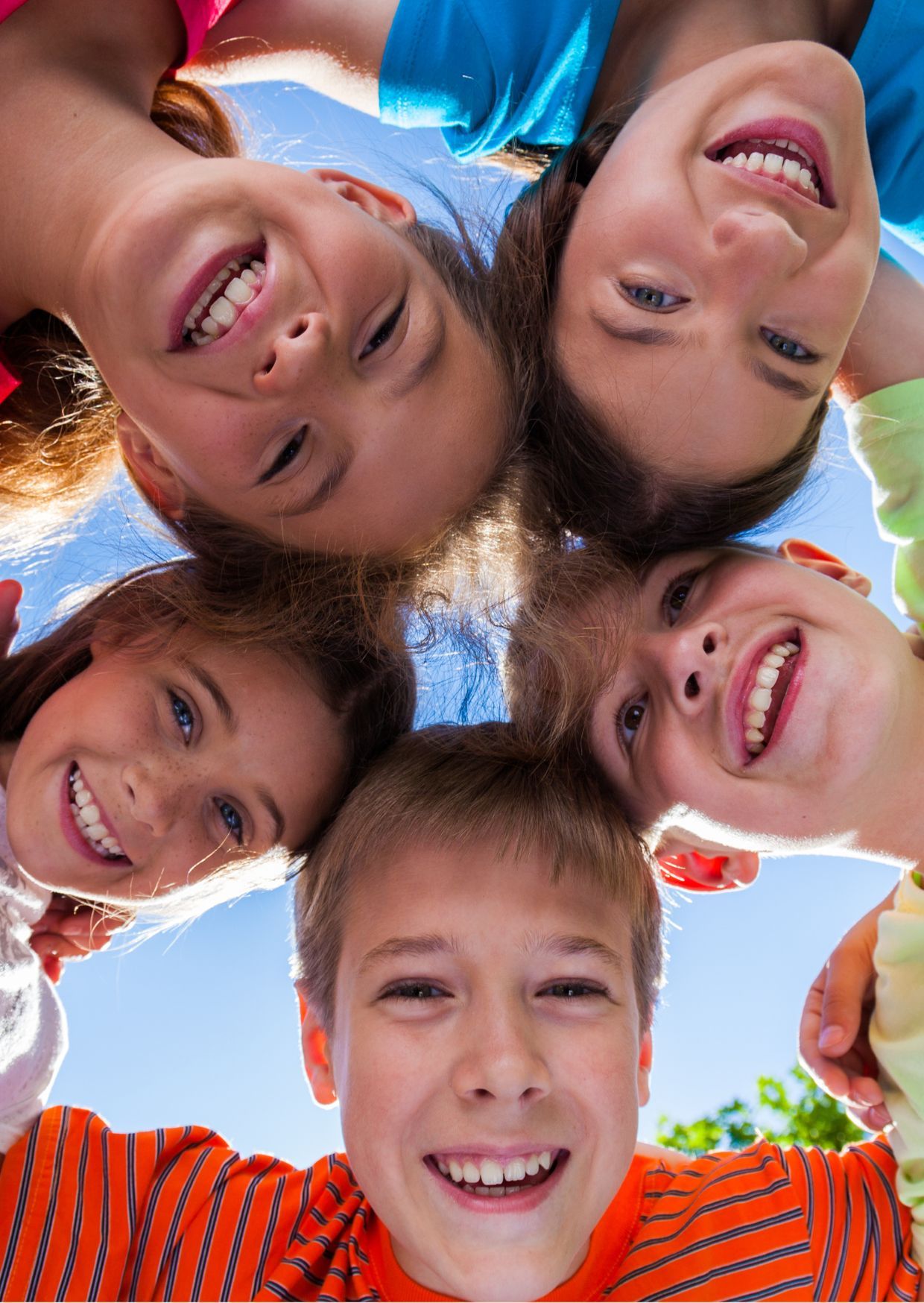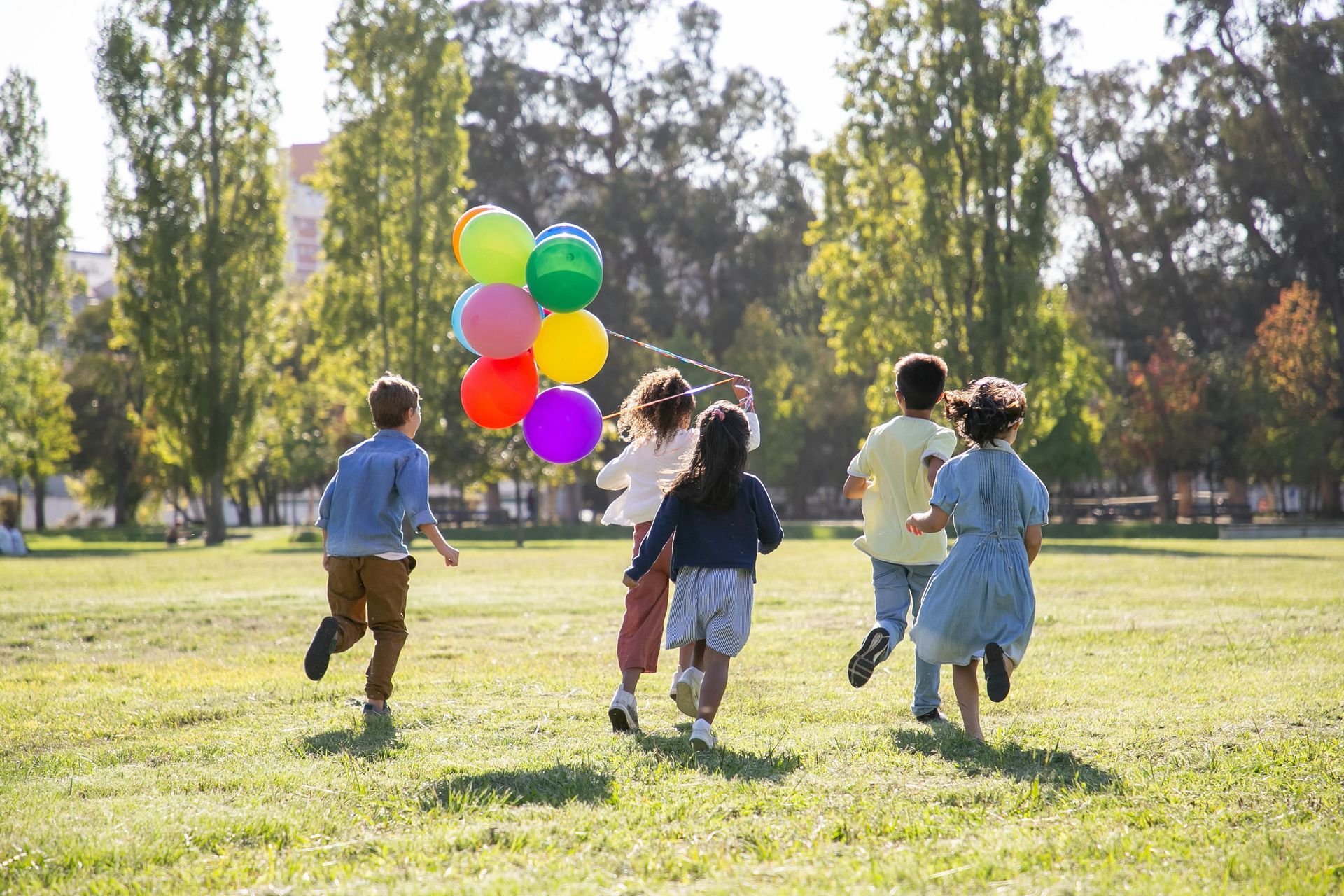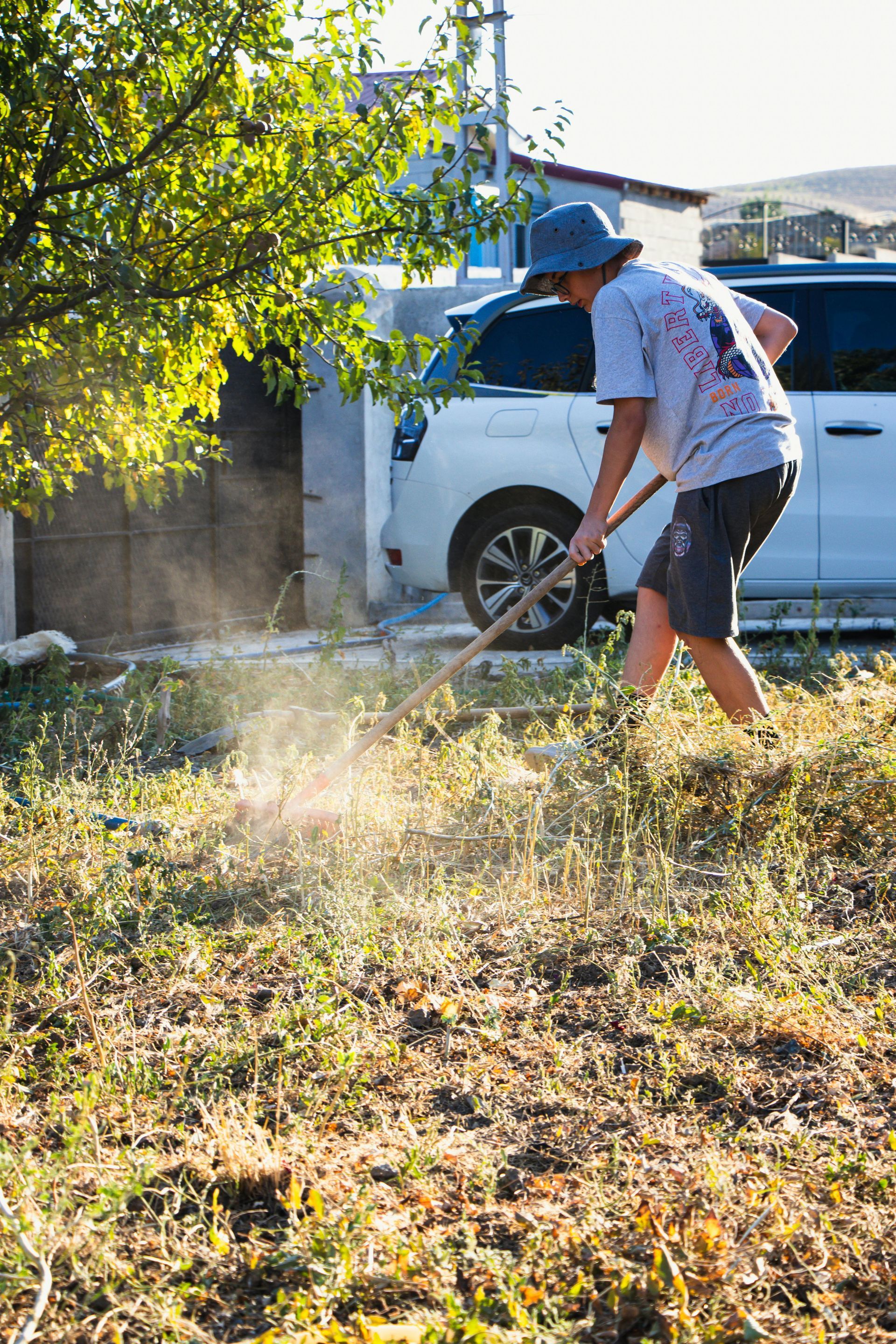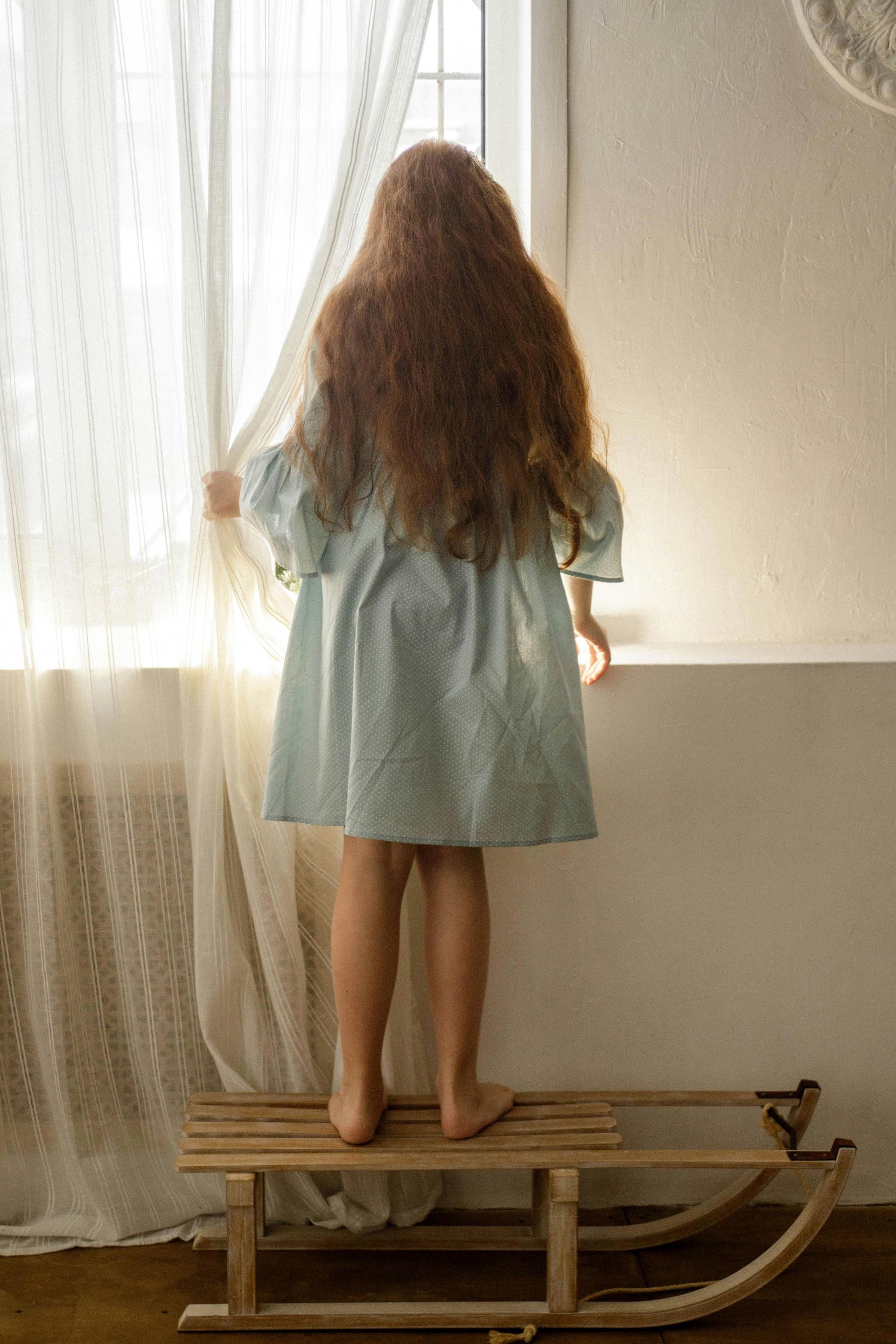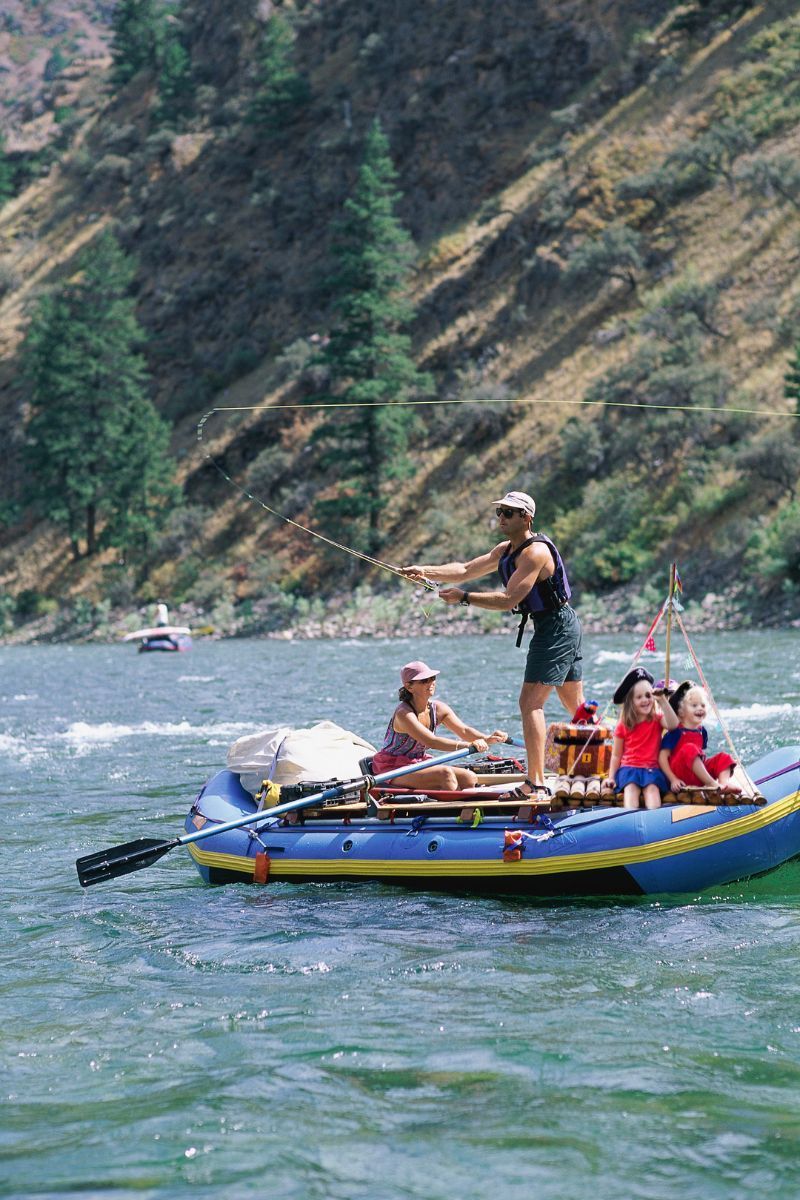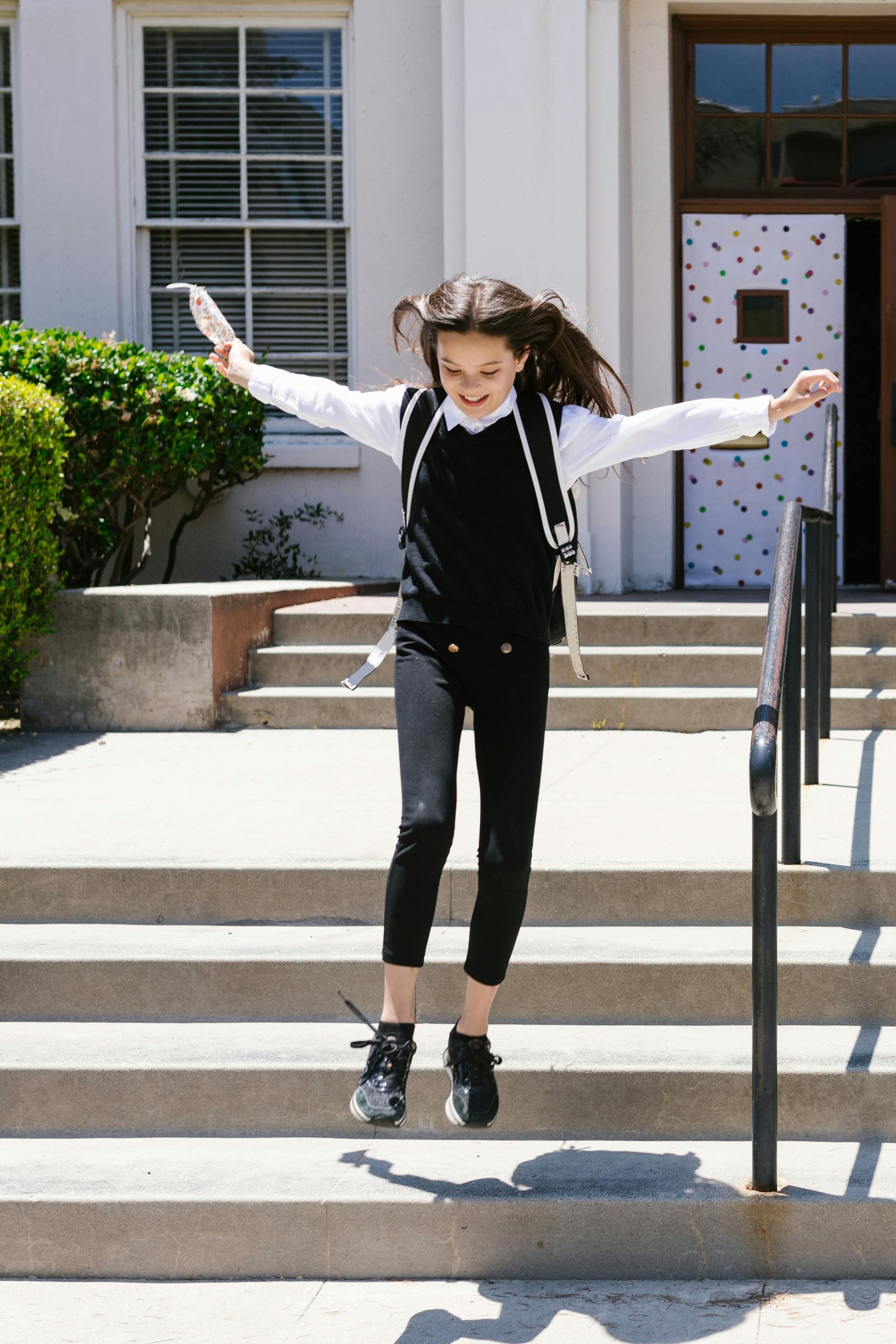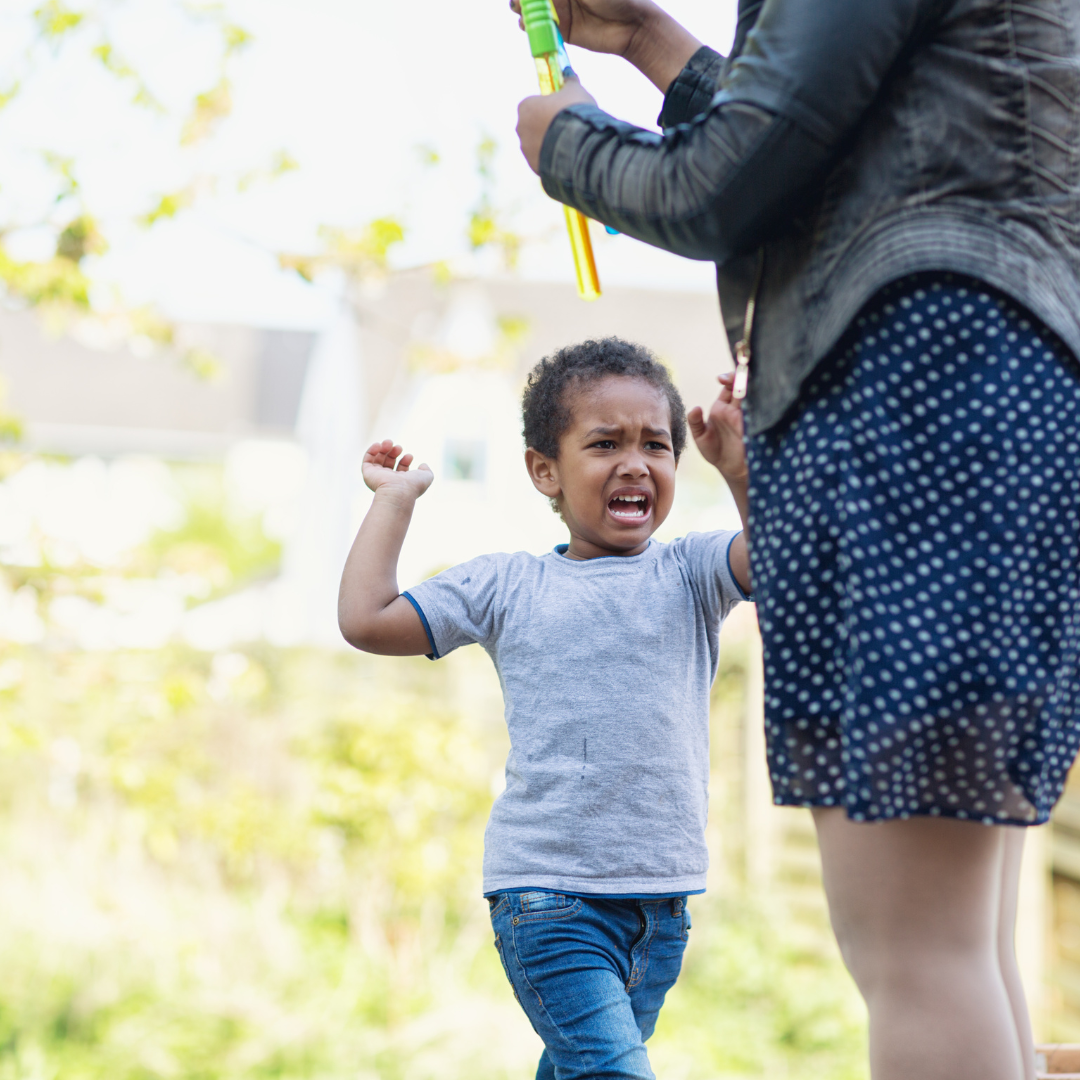My First Experience in a Toxic Environment
My parents moved to Russia when I was a teenager. I was registered to attend our local Russian public school. I was bullied daily and quickly understood I needed to escape. Every single day, I pretended to go to school and then skipped school as soon as I could manage to leave without getting caught. A sweet janitor helped me hide and escape multiple times. She had the keys to the coat closet, and she would let me hide there and then let me out once classes had started. Before this experience and after this experience, I was a top student, a teacher’s pet, and I even graduated high school valedictorian. My poor behaviors had nothing to do with me being bad and everything to do with me surviving the toxic environment I was placed in. Fortunately, I had experienced the safety of nurturing environments my entire life up until that point, so my narrative never turned into self-blame or shame.
Children Often Can’t Leave a Toxic Environment Without Your Help
Even if I had wanted to leave Russia, and I did desperately, I couldn’t manage that exodus on my own. We were a 24 hour train ride from the nearest international airport. There was literally no way for me to escape unless my parents used their adult power and resources to rescue me.
Toxic environments bring out very poor behaviors in all of us, regardless of our age. The difference between children and adults is that adults can typically choose to leave their toxic environment and children cannot. Children can’t move neighborhoods, schools, or churches on their own. They are locked into the environments we determine for them through our choices. As parents, we have to use our power to try to keep our children in healthy environments, even if it’s highly inconvenient for us. You see, childhood is the formation of possibilities. This means that if it doesn’t happen in childhood, typically your child will NOT think it is even possible to have this option later in life. If they are stuck in a toxic environment as a child, then they will feel like that is where they belong. They will seek out other toxic environments as they grow older because that is the only thing they understand. The complex thing about our kids is that the greater their impairments, the harder it becomes to find a learning and nurturing environment for them. Every parent I coach struggles with this at some point.
Maybe a school that is a good fit for one of our children is a toxic environment for another child. Are we willing or able to deal with two school schedules and a daily commute to get our child out of a toxic environment? Are we willing to change soccer leagues to protect our child? Are we willing to change churches? Are we willing to stop socializing with people who create toxic environments for our kids?

